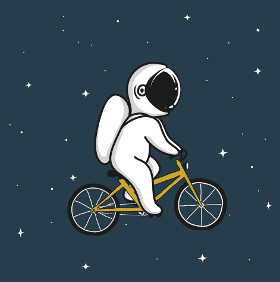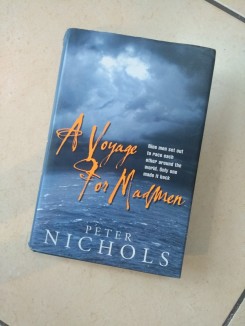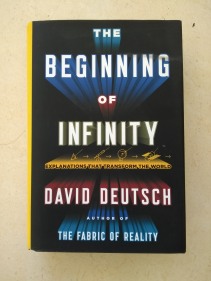
If you haven’t read Tom Wolfe before, he’s not to everybody’s taste – he’s opinionated, colourful language and a leading proponent of “New Journalism”.
The Right Stuff is, I suppose, a history book of sorts in that it deals with the beginnings of “The Space Race” but it’s mostly about the personalities involved and the (cold war) mindset of the times. I found it a rattling good read (actually reread) , a little like “A Voyage for Madmen” in that it probes why the hell (male) people do the extraordinary things they do at the edges of human behaviour. Why would a man compete ruthlessly to put himself sitting helplessly (they had no control, the first US “astronauts” were actually chimpanzees) on top of an unstable and highly explosive (most US rockets had a lamentable record of exploding on the launchpad at that time) rocket?
And, of course, it was always a man – a (very) male red-blooded (!) man. But what of the non-males – the females? Because you’d never be selected to be an astronaut unless you were a “family man”. Family man, but with considerable licence because you were also considered hotter than a rock star with all the erm, benefits. And it’s also the story of the wives.
This is not high literature, it’s just a damn good read (well, he’s a bit repetitive).
If you like it and you’ve ever wondered why there is so much crap architecture around , you might also also enjoy Tom Wolfe’s “From Our House To Our House”






 hopes the project will lead. Books were central but there was clearly lots of appetite for other media (cinema, TV) and also excursions to cultural locations; some of those mentioned included the Casino in Marino, Victor’s Way in Roundwood and
hopes the project will lead. Books were central but there was clearly lots of appetite for other media (cinema, TV) and also excursions to cultural locations; some of those mentioned included the Casino in Marino, Victor’s Way in Roundwood and